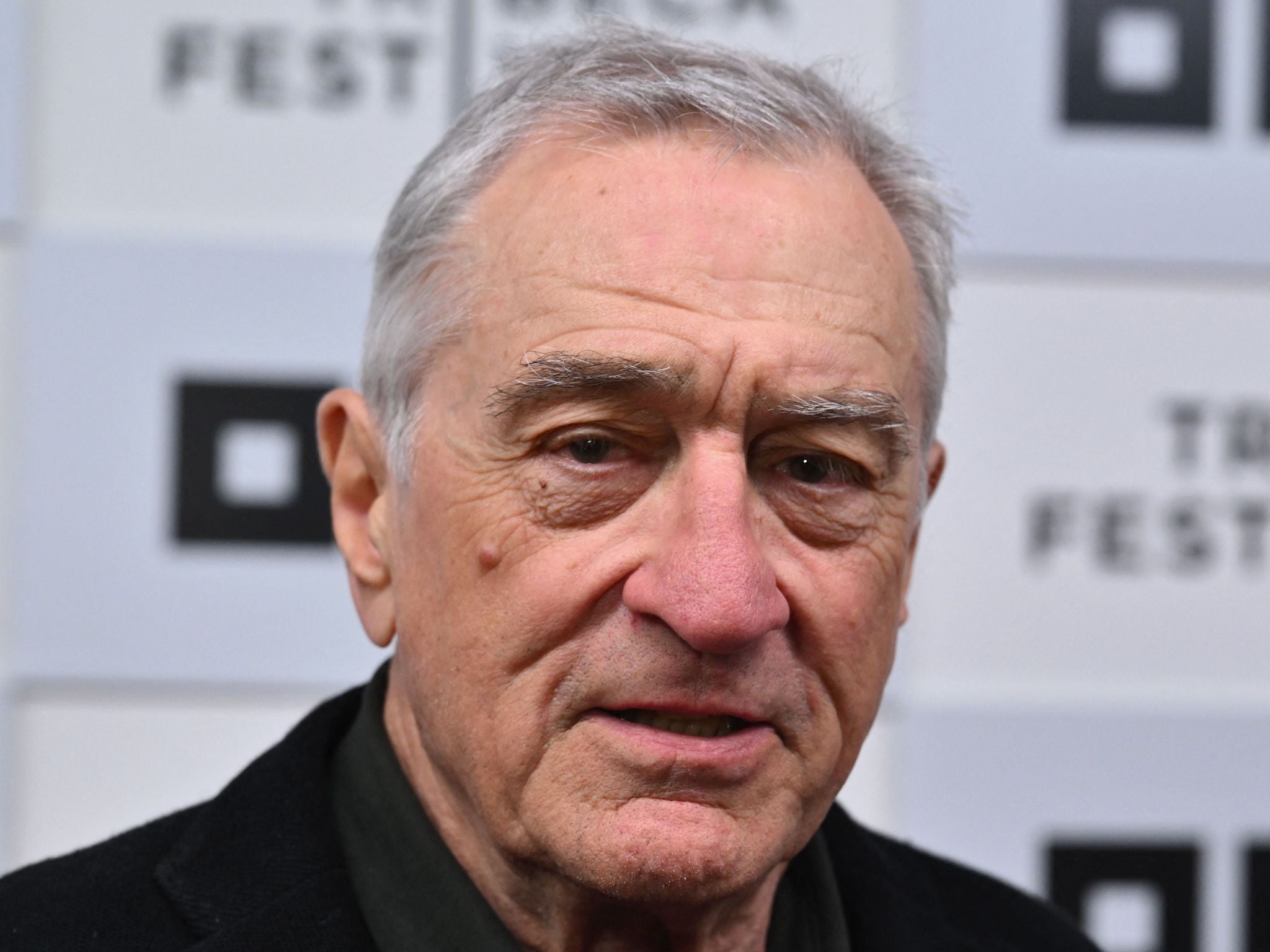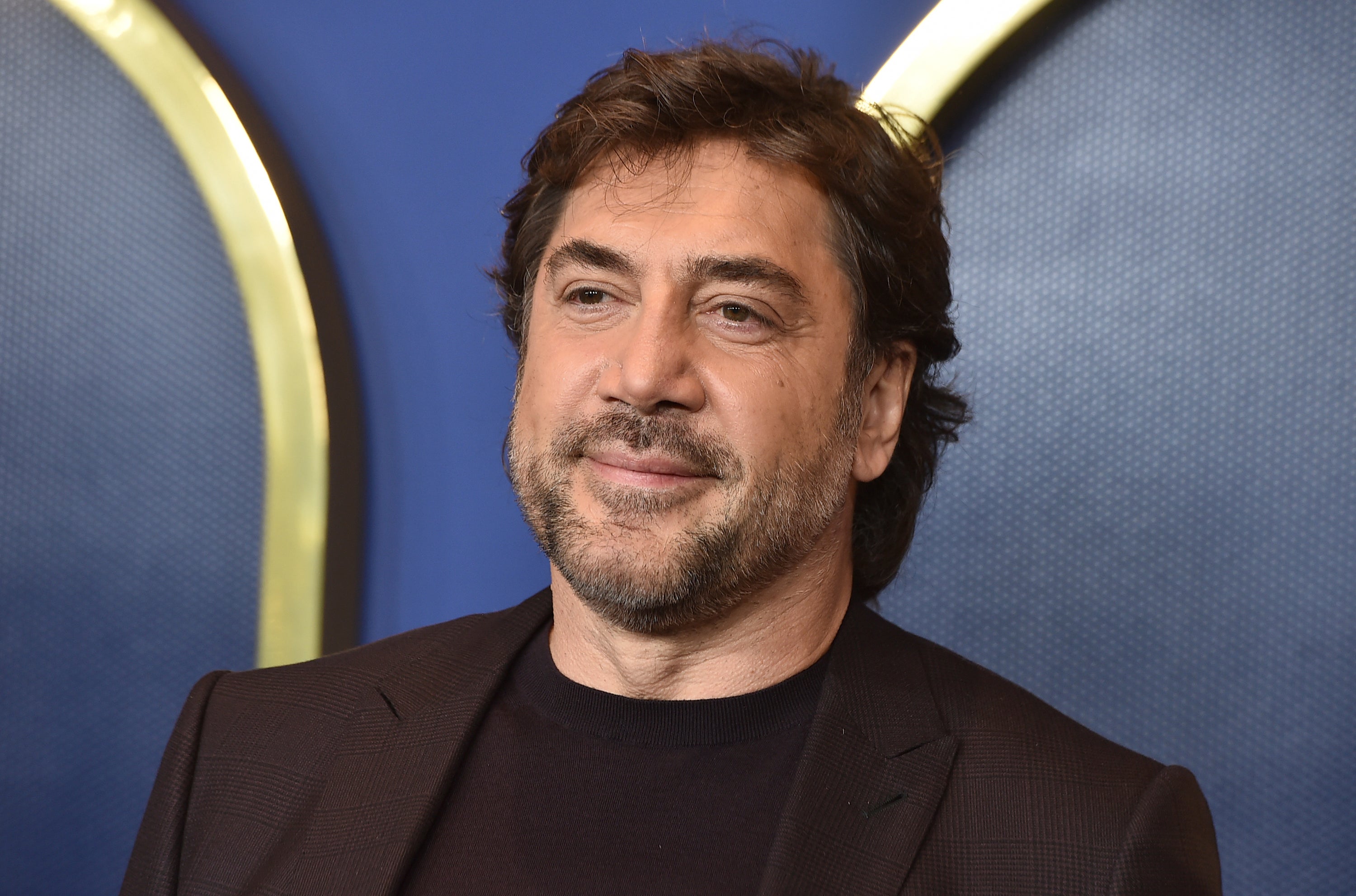Conclave writer Robert Harris has named the two actors who were in line to play the film’s protagonist before Ralph Fiennes was cast in the role.
Fiennes played the lead role of Cardinal Lawrence in last year’s Oscar-winning film, an adaptation of Harris’s 2016 book of the same name, which follows the sequestering of cardinals, ministers and other religious figures at the Vatican as they elect a new pope.
In Edward Berger’s adaptation of the novel, whose script was written by Oscar-winning screenwriter Peter Straughan, the papal conclave is depicted as a gossipy affair, full of infighting and political manoeuvring.
Fiennes, 62, was praised for his performance in the movie, for which he received his third Oscar nomination. The actor was previously nominated for Schindler’s List and The English Patient.
Speaking at the 2025 Hay Festival, which has partnered with The Independent for a second year, Harris said that Fiennes had not been the initial choice to play the part.
The author, 68, informed the audience that both Robert DeNiro and Javier Bardem had been in line to play Cardinal Lawrence before Fiennes was cast.
“For quite a long time, Robert De Niro was supposed to play the character, but that fell through, and then Javier Bardem was supposed to do it,” Harris said.
“And so it went on and on and on. Until eventually Edward Berger came on board – this was before All Quiet on the Western Front, otherwise we couldn’t have afforded him actually.”

Berger directed the 2022 anti-war film All Quiet on the Western Front, which received huge acclaim and won four Oscars, including Best International Feature.
The role of Cardinal Lawrence in Conclave eventually went to Fiennes, which meant that the character – an Italian named Jacopo Lomeli in Harris’s novel – was made into an Englishman.
“I got a call from the producer and we went for lunch, and they said, ‘We want to change the nationality of the cardinal because Ralph Fiennes would play an Englishman,’” recalled Harris, who explained that Berger had wanted actors to play characters of their own nationality.

“I looked across the table and thought, ‘Do I really want to lose Ralph Fiennes?’” said the author. “And of course, it doesn’t make any difference at all, so it works that way.”
Speaking about the film’s release strategy, Harris said that the studio “sat” on the finished movie for a year “simply because they wanted to position it properly so it wasn’t swamped by other movies – and that really was a stroke of genius”.
The film received renewed attention in the wake of the late Pope Francis’s illness and later death. He died aged 88, from a stroke followed by heart failure, in April this year.

Pope Leo XIV, an American, was elected after a one-day conclave.
“There was this rolling interest in conclaves,” said Harris. “I found myself, peculiarly, having written a primer on conclaves.”
The new pope had watched the film in preparation for the conclave that ultimately chose him to lead the Catholic Church, according to his older brother.
Harris is known for his bestselling historical fiction and political thrillers. Several of his books have been adapted for cinema, including Fatherland, Enigma, Archangel, and The Ghost Writer.
Speaking at Hay, he told the festival crowd that his favourite adaptations of his work are Conclave and 2019’s An Officer and a Spy, directed by Roman Polanski.
He said he particularly loathed the 1994 TV film adaptation of his 1992 book Fatherland, calling the new ending it was given “ludicrous” and an “absolute farce”.



